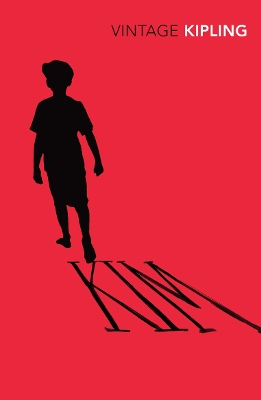Reviewed by wyvernfriend on
Yes there are very few female characters of note. Yes it's a time when the British Raj were in charge in India and one of their major issues was the possible incursion of Russia or France (or Russia and France) from Afghanistan. But still this story of an Irish orphan being trained to do work for the powers that be as part of the Great Game played by people in order to manage the country. His ability to be different people helps the situation immensely.
I must say that as a kid I enjoyed the adventure but now I enjoyed the details and having just read the Skull Mantra the difference in acceptance of Tibetan monks and the casual way in which the imperial system is accepted as being for the "betterment" of the "natives" is an interesting look into the past.
Reading updates
- Started reading
- 12 December, 2007: Finished reading
- 12 December, 2007: Reviewed
